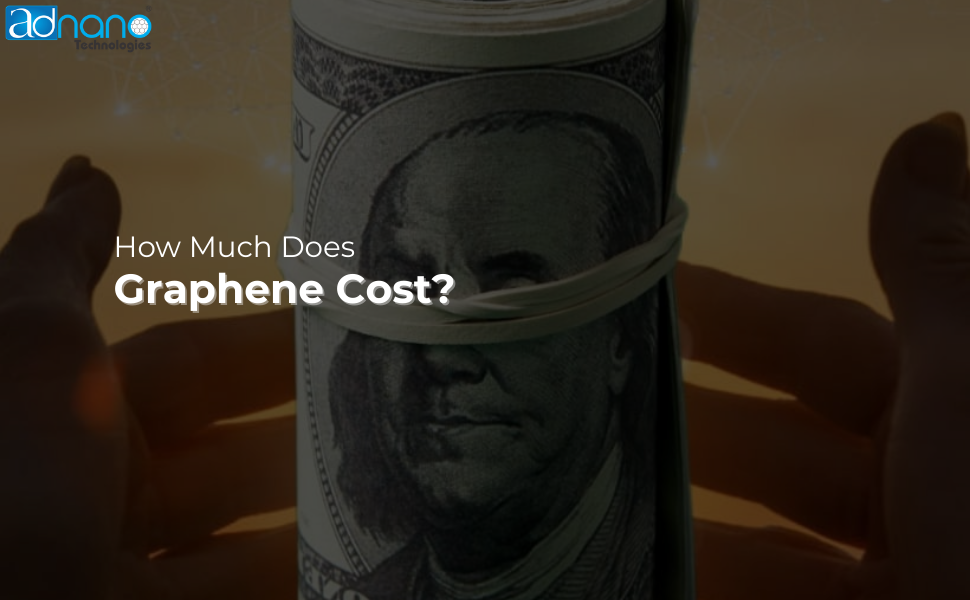Graphene with its exceptional strength, flexibility, electrical conductivity, and thermal properties, has the potential to revolutionize from electronics and energy storage to automotive and many more. A remarkable material with extraordinary properties, has gained attention across various industries. But how much does it cost?
Let’s dive into the factors influencing the price of graphene.
Production method
The cost of graphene heavily depends on how it’s produced. Different methods include chemical vapor deposition (CVD), liquid phase exfoliation, and mechanical exfoliation. Each method varies in complexity and cost, affecting the final price of graphene.
Quality of Graphene
- Monolayer graphene is expensive due to complexity and precision requirements.
- Few-layer graphene (as in GNPs and powders) is more economical and sufficient for most industrial uses.
- Higher quality graphene, which is more pure and has fewer defects, tends to be more expensive. It needs advanced techniques and careful control in production.
Quantity of Graphene
Similar to many products, buying graphene in bulk usually offers cost advantages. Buying more gets you discounts. This makes it cheaper for industries that need lots of graphene.
GO is generally viewed as the lowest-cost form of graphene and scalable due to its easier manufacturing process.
Research vs Industrial Grade Graphene
Graphene Powder comes in different grades tailored for specific applications. The graphene is for research. It is used for academia and experimentation. It might be more expensive. This is because it needs to be very pure and consistent. On the other hand, industrial-grade graphene, which may have slightly lower specifications but still meets industrial standards, can be more cost effective.
Market Demand and Supply
Like any commodity, the price of graphene fluctuates based on market dynamics. High demand and limited supply can drive prices up, while oversupply may lead to price reductions.
Application Based Graphene Products
Graphene undergoes treatments to enhance its properties. These treatments are for specific applications. These processes can increase the cost but also add significant value by improving performance.
Economies of Scale and Technological Advancements:
As production techniques advance and become more efficient, economies of scale kick in, potentially lowering the cost of graphene. Technological advancements in manufacturing processes can also contribute to cost reduction over time.
Price of graphene varies. It depends on factors such as production method, quality, quantity, market dynamics, and treatments. Graphene is still expensive compared to some materials. But, ongoing research and better production are lowering costs. This is making it more accessible for many industries.
At Adnano Technologies , there are different grades of Graphene according to specific applications such as:
- Graphene Nanoplatelets – Cost depends on thickness & purity
- Graphene Oxide – industrial bulk grade
- Reduced Graphene Oxide – For R&D, smaller quantities are available.
- Graphene Paint Grade – Custom quotes based on thickness, size, and order quantity
- Graphene Battery Grade – very high tech use
To Know more, visit: Graphene Products.

